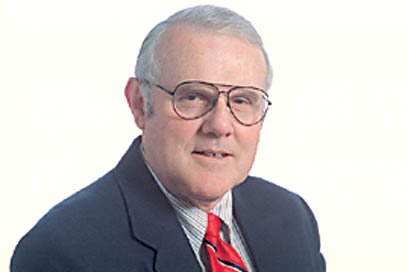Using terse, crisp and sometimes crude descriptions, William Clark’s journal entries conveyed the high drama of the Corps’ perilous voyage on the Lower Columbia River in 1805.
Pinned for six days against the north shore of the river just east of the current Astoria-Megler bridge, the explorers faced continuous rain, and floating logs that threatened to smash their beached canoes to pieces at high tide.
Their clothing was rotten, their bedding soaked and food supplies scarce.
Entry notes, Nov. 11, 1805: “A hard rain all the last night. We again get wet. The rain continues all day … wind verry high and waves trimendeous … Five Indians came down in a canoe loaded with fish … called Red Charr … we purchased 13 of these fish, for which we gave fishing hooks & some trifling things …”
Yes, the Indians — Chinooks — met the Corps of Discovery at a place of such misery Clark called it “dismal nitich (nitch).”



